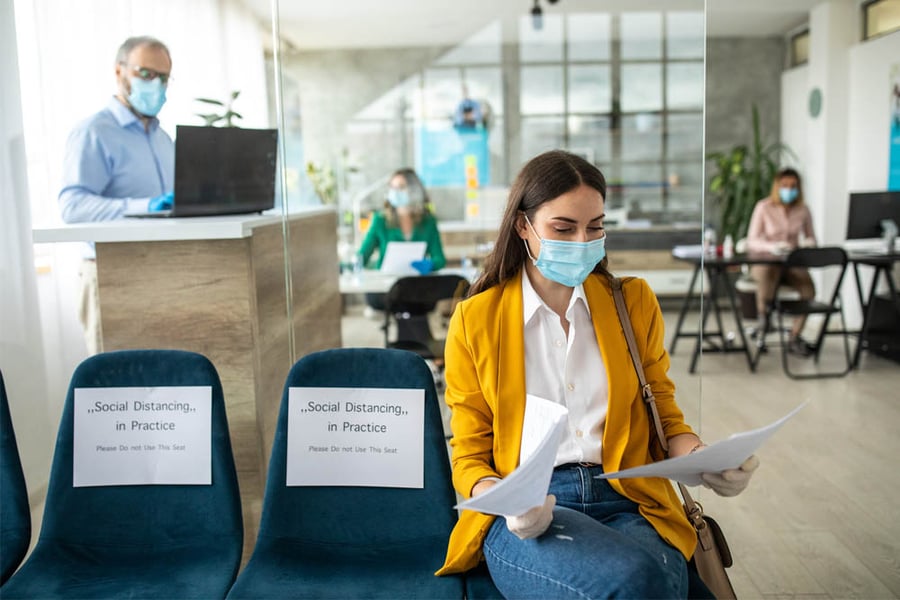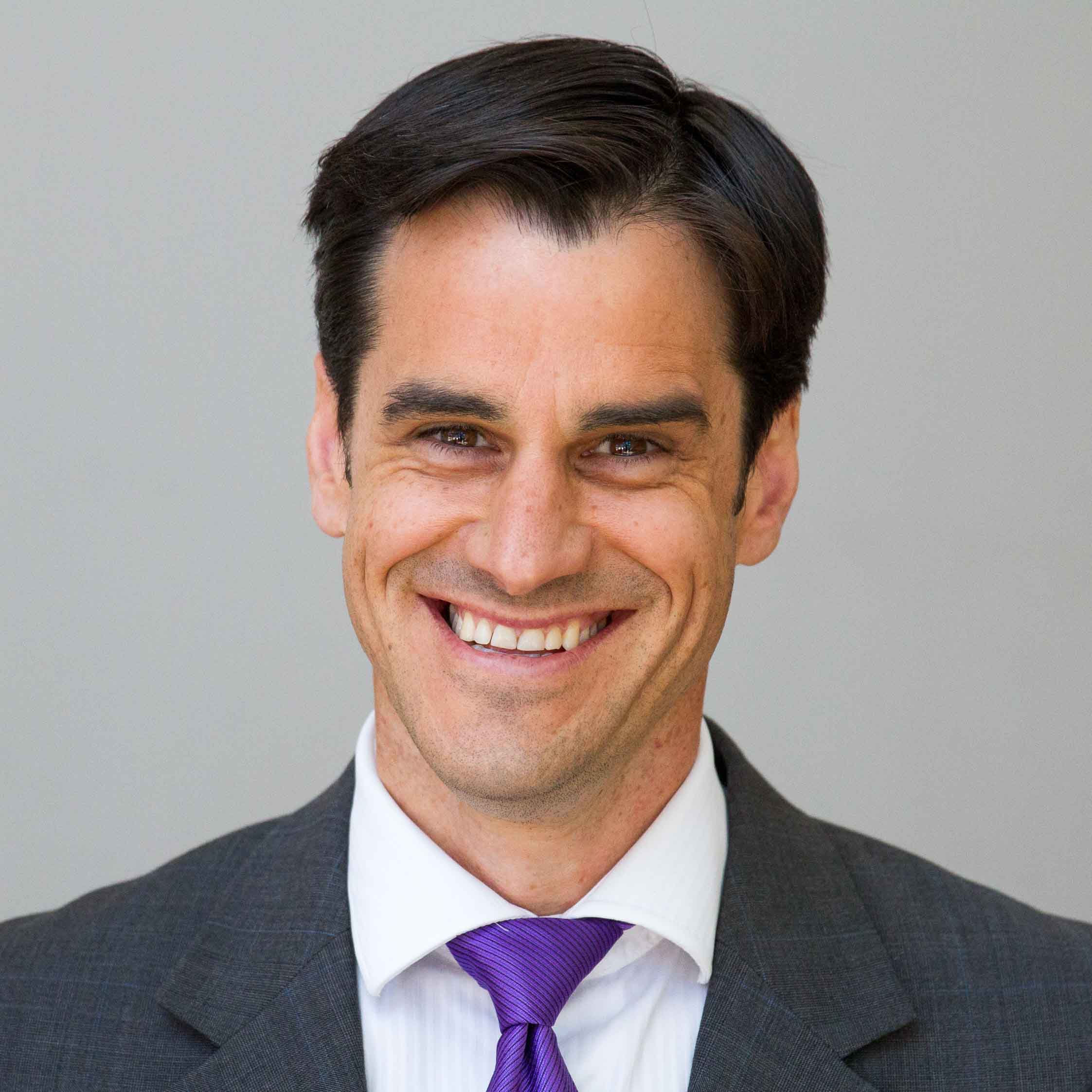Whether we’re working from home or adapting to new technology, the way we do our jobs will continue to change, says Mark McCrindle

The world of work is undergoing a massive transformation: from artificial intelligence to robotics and automation, what humans currently do and will be doing for work in the future is changing.
The World Economic Forum predicts that “65% of children entering primary school today will ultimately end up working in completely new job types that don’t yet exist”. While demographic shifts and technological advancements play a role, it is already being recognised that the health and stress of workers – their wellbeing – is an essential factor that will impact and define the future of work.
The future of the ‘workplace’
COVID-19 has necessitated the most transformational shifts in the way we work for perhaps a century. The most notable was when almost overnight the office-bound workforce globally relocated to their homes.
The digital transformation of our organi-sations was achieved not through management strategy or a new technology solution but by the realities of this virus. For the first time in modern history working from home became the norm and even ushered in a new three-letter acronym to describe it: WFH. And it is here to stay.
With the realities of massive change facing individuals, organisations and sectors, many are thinking about how they can future-proof their careers
Our national survey carried out during the COVID-19 crisis showed that 69% of employees were as productive, if not more so, when working from home than they were at the office. It also showed that far from being a temporary response to a global pandemic, 78% said working from home would become the new normal.
It has already been a challenge for leaders to ensure the wellbeing of their staff when they gather in their physical office. It’s an even greater challenge when staff are operating remotely from their individual places of residence.
New decade, new generations, new career options
Work will remain a key feature of life in the future, as it is now. Almost two in three employed Australians work full-time, and of these, more than half are putting in 40 or more hours per week. However, the average length of time Australians stay in a job has shortened to just under three years. If this tenure continues, then today’s school leaver will have, on average, 18 different jobs over six distinct careers.
As students today consider their career options, there are jobs available in entirely new industries such as nanotechnology, cyber security and virtual reality. The jobs of the future will come not only from technological change but also demographic change. The ageing population is creating new opportunities, not just in the aged care sector but also for retirement services agents. The speed of change highlights the need to observe the global, technological and social trends, and to be innovative, adaptive and proactive in upskilling in order to remain relevant.
Why wellbeing is the key to future-proofing careers
With the realities of massive change facing individuals, organisations and sectors, many are thinking about how they can future-proof their careers. Often the conversation becomes very technical in terms of the jobs that will exist and the skills people will need in order to thrive in times of change. While this is an important topic, the bigger issue around future-proofing careers is wellbeing.
In our worker survey we asked the question: ‘How big an impact do you think the following will have on the future of work?’
‘Mental health and stress of workers’ was identified as having the biggest impact, with 62% saying it would have a significant or large impact. This was followed by demo-graphic trends (55%), the physical work-space and where work will be done (55%), sectors disappearing (52%), computerisation of robotics (52%), global workforce trends (46%) and the gig economy (41%).
For many workers today the biggest wellbeing impediments are mental, not physical. These include toxic feedback, stress, unreasonable deadlines, juggling multiple priorities, the increasing expectations of customers, and people needing to deliver more with less.
These have the potential to create mental hazards and physical impacts. In the knowledge economy people may still be able to work if they have physical ailments, but people are impaired in their work if they are not mentally fit.
The fact that people hold multiple jobs across different careers will only be accelerated in the future. Additionally, the retirement age is pushing into the 70s. To run such a work marathon and run it well means people must be both physically and holistically well – which embraces social, relational, mental, financial, vocational and spiritual aspects. Mental health and wellbeing are just as if not more important than physical wellbeing when it comes to thriving in the future world of work.
 Mark McCrindle is a sought-after speaker, social researcher and the principal at McCrindle. He is the co-author of Work Wellbeing: Leading Thriving Teams in Changing Times.
Mark McCrindle is a sought-after speaker, social researcher and the principal at McCrindle. He is the co-author of Work Wellbeing: Leading Thriving Teams in Changing Times.



